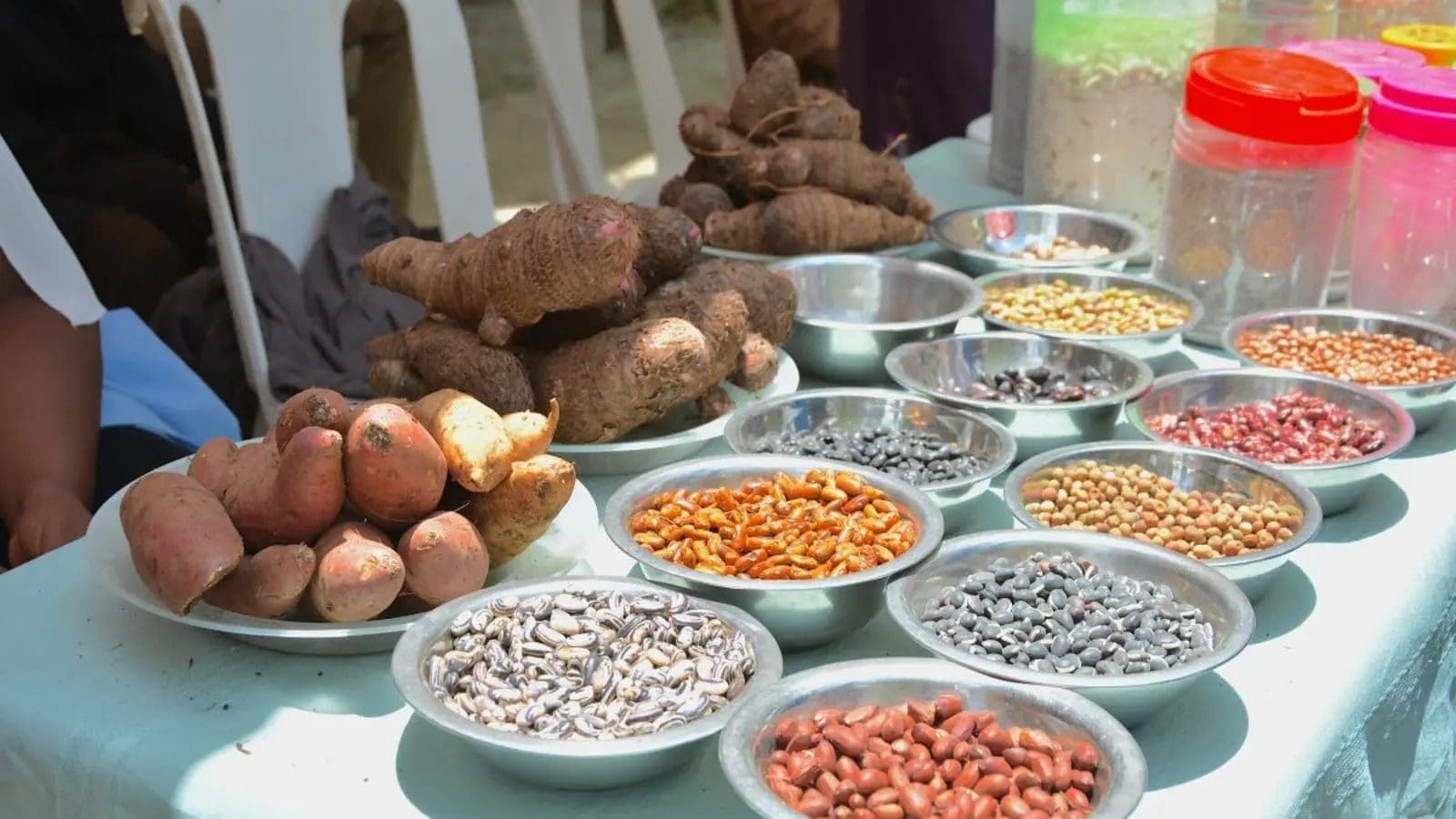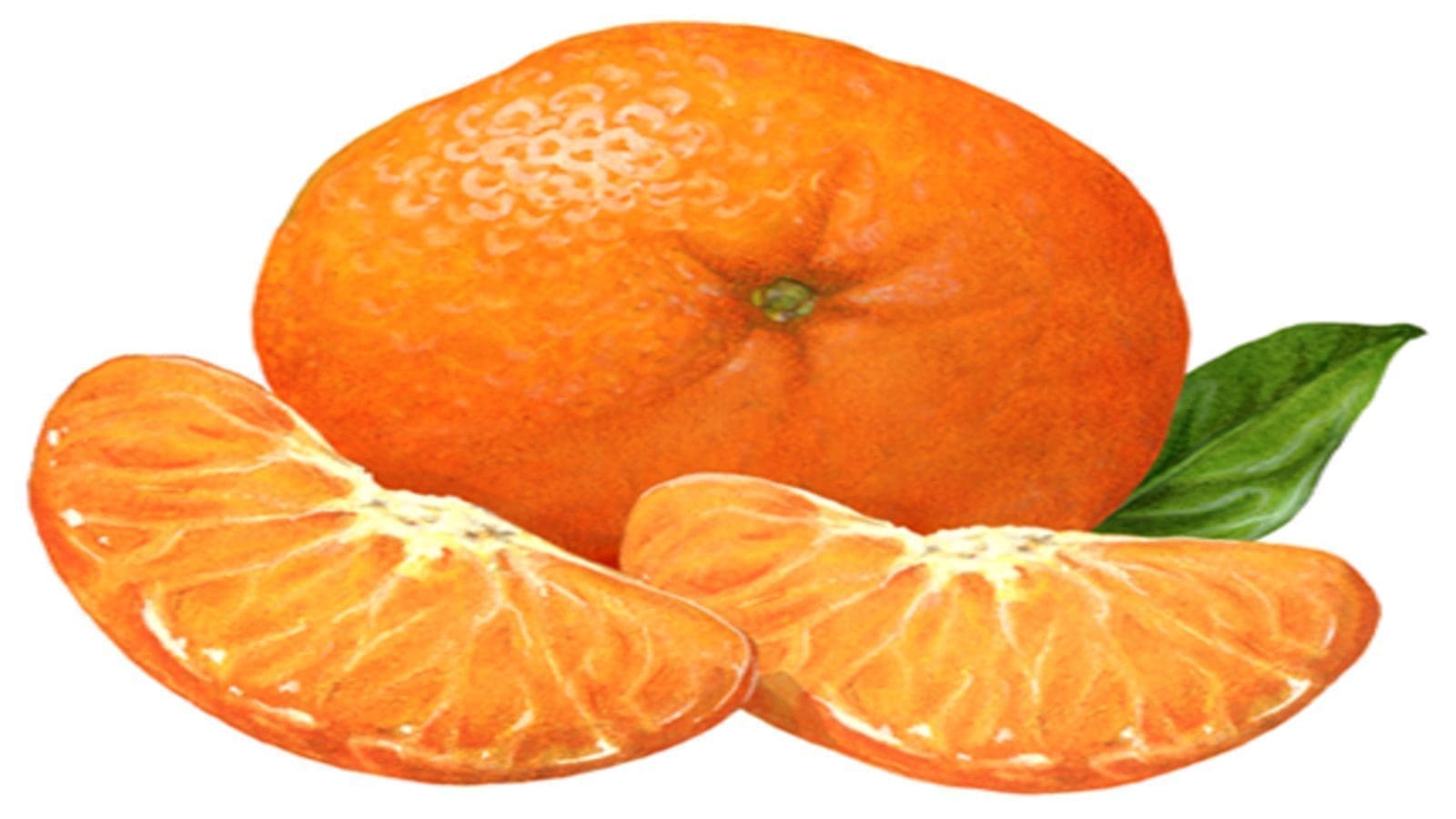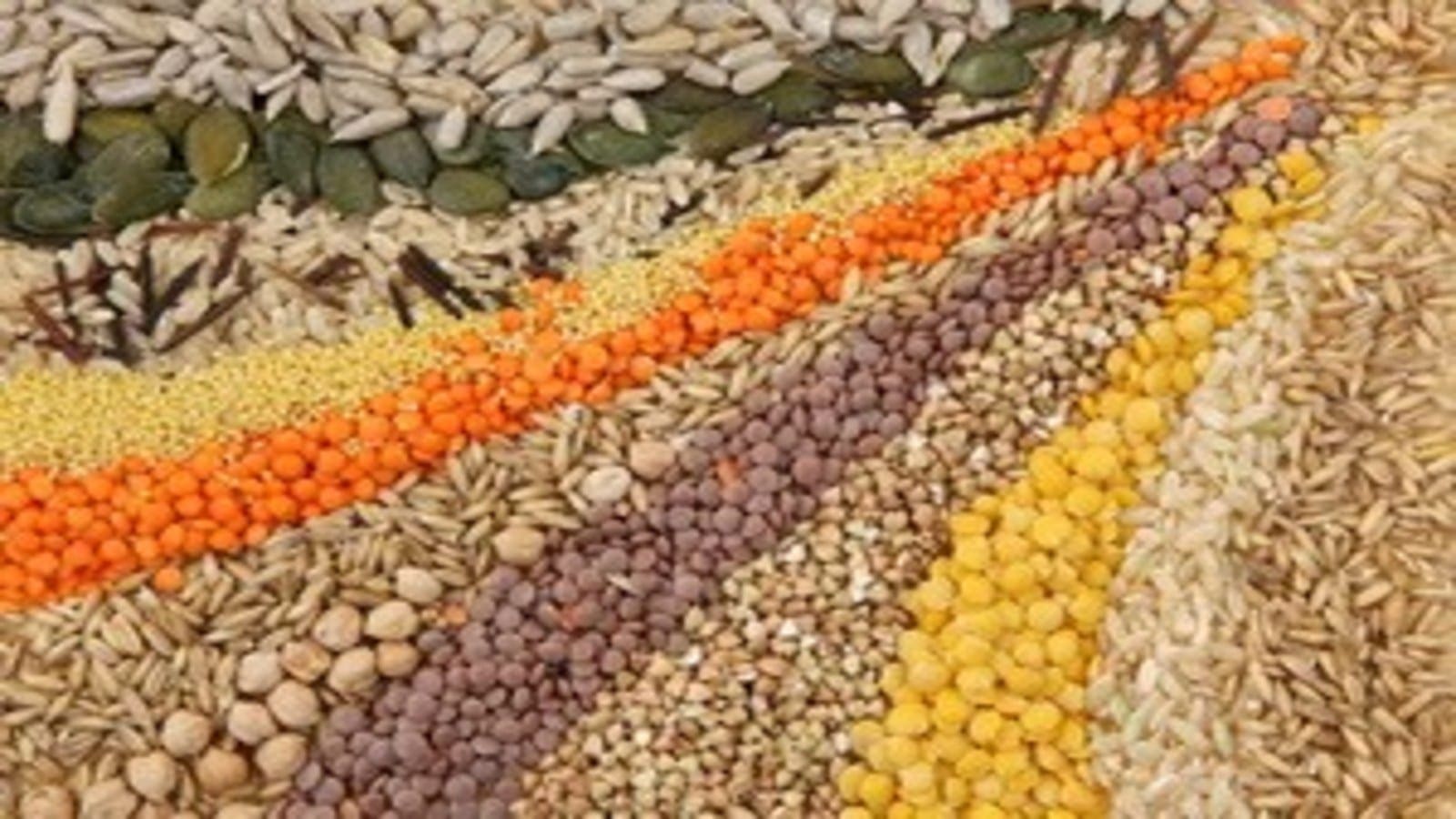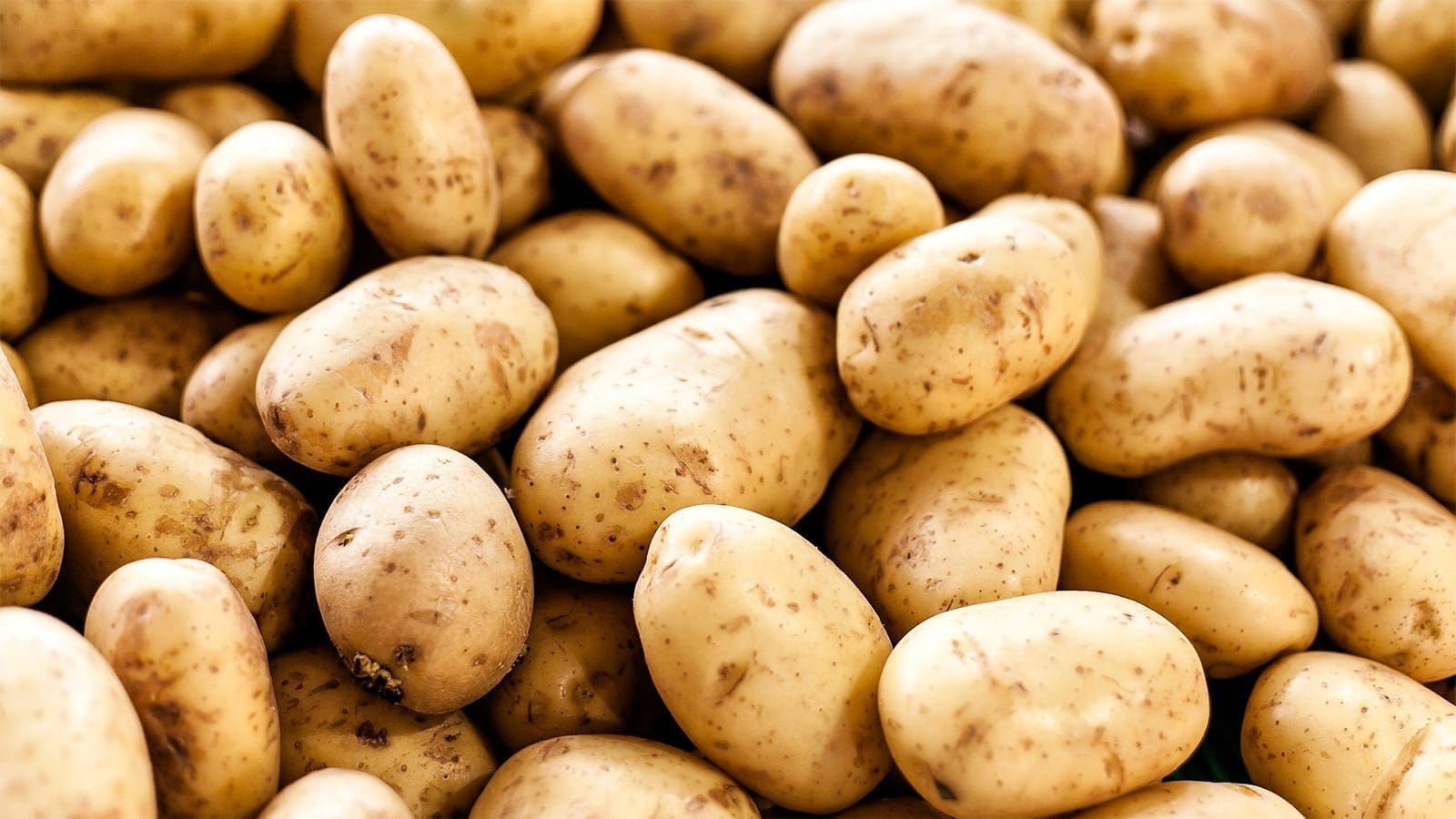TANZANIA – Tanzania Official Seed Certification Institute (TOSCI), in cooperation with seed industry stakeholders, has developed seed certification standards for seeds, seedlings, and cuttings of tree, fruit, and sugarcane crops.
The certification, currently on final approval by other authorities, will help tackle the counterfeit seeds marketed in the country.
TOSCI’s Director General, Dr. Patrick Ngwediagi said once the standards are approved, then the state-owned Institute will immediately venture into the certification process of coffee, tea, sugarcane, pawpaw, cashew, and grapevine crops.
Seed certification for avocado, mango, orange, cocoa, palm, apples, and banana will start when the characterization of the varieties of these crops is complete.
He noted that some dealers marketed seeds whose germination validity had expired (of above 7 months), while others had embraced a negative tendency of opening seeds packages to re-measure and sell them in different quantities.
“After investigating and realizing the irregularities in seed marketing, we had patriotically decided to take a sober initiative to educate seed dealers to assist them to perform better in their business according to the Seeds Act and Regulations.
“Seed quality attributes are expressed in terms of germination, purity, vigor, and seed health. During the seed certification process, crop varieties are tested based on those aspects,” Dr. Ngwediagi stated.
TOSCI normally checks for Value for Cultivation and Use (VCU), whereby a variety is tested for its adaptability, yield, diseases, drought tolerances, or any other point of merit stated by the breeder/applicant.
TOSCI Director General explained that the institute has implemented a special program to capacitate seed dealers across the country to deliver services per the Seed Act, 2003 and its regulations, to help improve performance and standards of the seed sector across the country.
TOSCI already has a partnership with Tanzania Telecommunications Corporation (TTCL), which aims to fight against seed counterfeiting using a quality control system.
Dr. Ngwediagi said they decided to come up with an innovative way of addressing the problem by introducing a system for quantifying the seeds by using mobile technology.
According to TTCL Chief Executive Officer Minister Kibanda, the telecom firm joined the project to help farmers obtain better seeds to accelerate production and boost the country’s economy through modernized agriculture.
Through the new system, seeds are certified by sending the code number to a receiver number with the certification body, identified as 15035, and receiving the answer whether the sample is genuine or fake.
For all the latest food safety news from Africa and the World, subscribe to our NEWSLETTER, follow us on Twitter and LinkedIn, like us on Facebook and subscribe to our YouTube channel.








